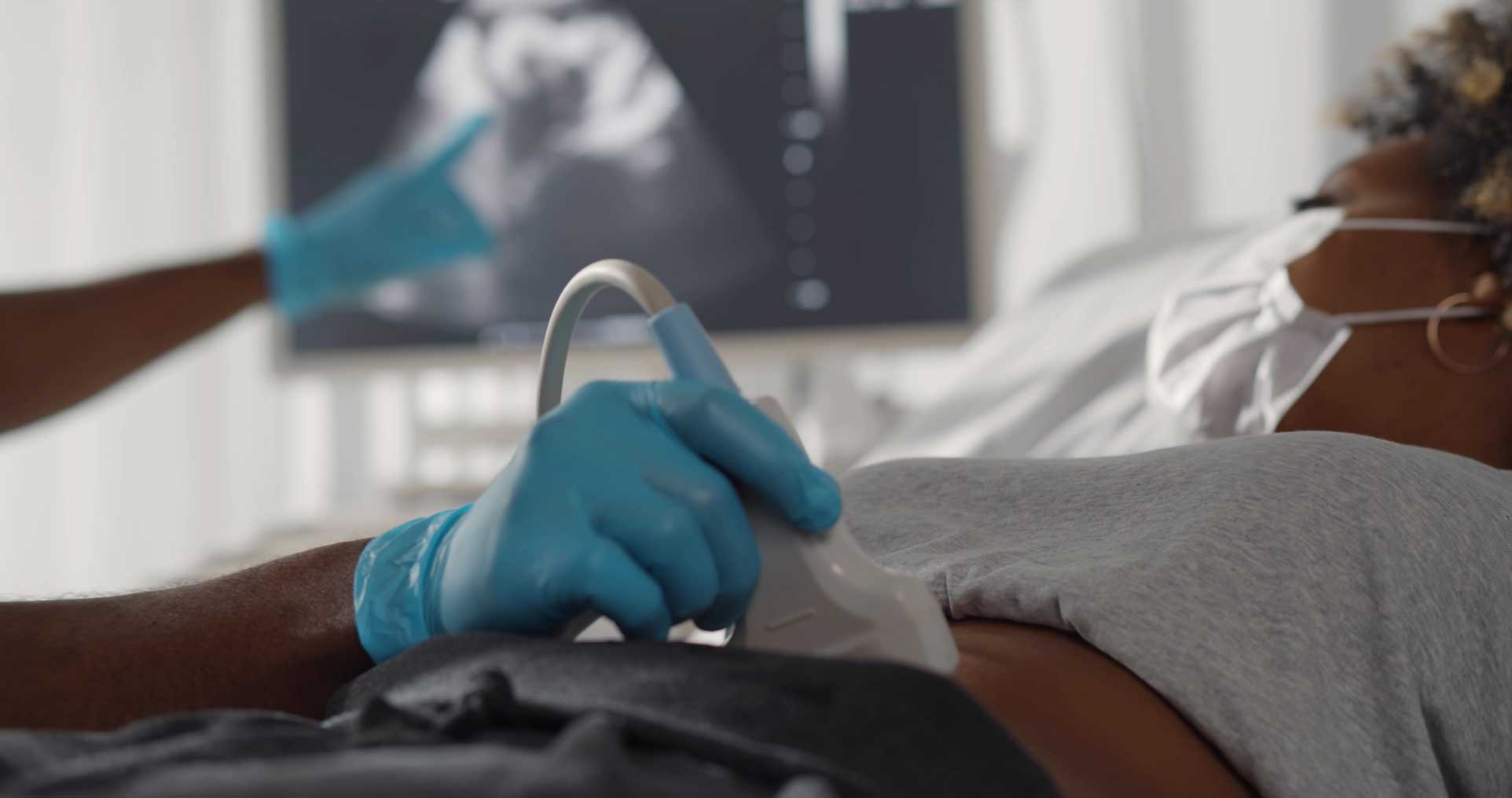Examining the Impact of the COVID-19 Pandemic on Maternal Child Health
By now, we’re increasingly aware of the widespread health-related and quality-of-life impact that the coronavirus pandemic has had on virtually every aspect of care delivery; however, the extent of the impact on each area of specialization is still being determined. There is, however, a growing body of research illustrating the considerable implications the pandemic has had on maternal child health in different parts of the country and the world. While the Centers for Disease Control and Prevention (CDC) reports that newborn contraction of COVID-19 is low, there are multiple other factors that can render them vulnerable to transmission, as well as associated health factors. Here are some instances of how the coronavirus pandemic has directly impacted maternal child health.
Breastfeeding
Concerns over breastfeeding with COVID-19 continue to create a dilemma for nursing mothers who are infected with the disease. In August of 2020, a study published in the Lancet forecasted a widespread reduction in hospital services for breastfeeding — a prediction that proved to be accurate.
As of November of last year, the CDC reports that, during the pandemic, nearly 18 percent of hospitals reported decreased access to in-person lactation support and nearly 73 percent discharged mothers and newborns less than 48 hours after birth. After discharge, only 60 percent of hospitals offered in-person breastfeeding consultations and less than 49 percent offered virtual breastfeeding consultations. Since the start of the pandemic, nearly 70 percent of hospitals reported that their exclusive breastfeeding rates during hospitalization had stayed about the same. The aforementioned Lancet study asserted that universal breastfeeding could prevent 823,000 child deaths per year.
While the risk of transmitting COVID-19 through breast milk is relatively low, there is enduring concern about transferring the virus through respiratory droplets while breastfeeding. It is recommended that nursing mothers continue to follow CDC guidelines for infection control to keep themselves and their babies safe.
Long-Term Respiratory Issues
There is growing evidence to suggest that pregnant women can develop serious long-term associated breathing issues. The CDC reports that women who have COVID-19 appear more likely to develop respiratory complications requiring intensive care than women who aren’t pregnant; these women are also generally more likely to be placed on a ventilator. There is also data to suggest that pregnant covid sufferers are more likely to experience premature birth or cesarean delivery, and their children are more likely to be admitted to a neonatal unit. The good news, however, is that premature births seem to be down globally, according to a series of international research studies.
COVID’s Health Effects on Newborns, Younger Children, and BIPOC Mothers
While children, for the most part, tend not to experience symptoms when diagnosed with COVID-19, this doesn’t stop their potential from spreading the virus to other more vulnerable populations, like their parents, grandparents, and older teachers. Children who do experience symptoms usually experience mild fever, fatigue, and cough. In some cases, however, children may experience more severe complications; these incidents are usually exacerbated by other underlying health issues.

It’s also been proven and established that mothers of color are disproportionately affected by the COVID-19 pandemic in every possible way, including health outcomes and treatment accessibility. These disparities are undeniably driving negative health outcomes. Data from the University of Pennsylvania indicates that the pandemic’s health burden has particularly impacted pregnant Black women.
The Serious Mental Health Impact
What is perhaps just as urgent as the physical and medical health ramifications of the COVID-19 pandemic is the mental health toll it’s taking on new mothers, and mothers in general. Between economic fallout from having to assume the caregiver role more frequently than men, having to balance their children’s remote learning while tending to their mental health, and being forced to reorient their entire lives to isolation, many mothers are struggling to maintain their mental health.
Improving COVID-Related Mental Health Impact through Digital Therapeutics
GoMo Health is acutely aware of the impact on mothers and children brought on by the COVID-19 pandemic. We have worked with maternal and child health providers all over the world to improve patient outcomes, while also crafting COVID-management resources for other organizations to patients cope during these uncertain times.







Find Us Online